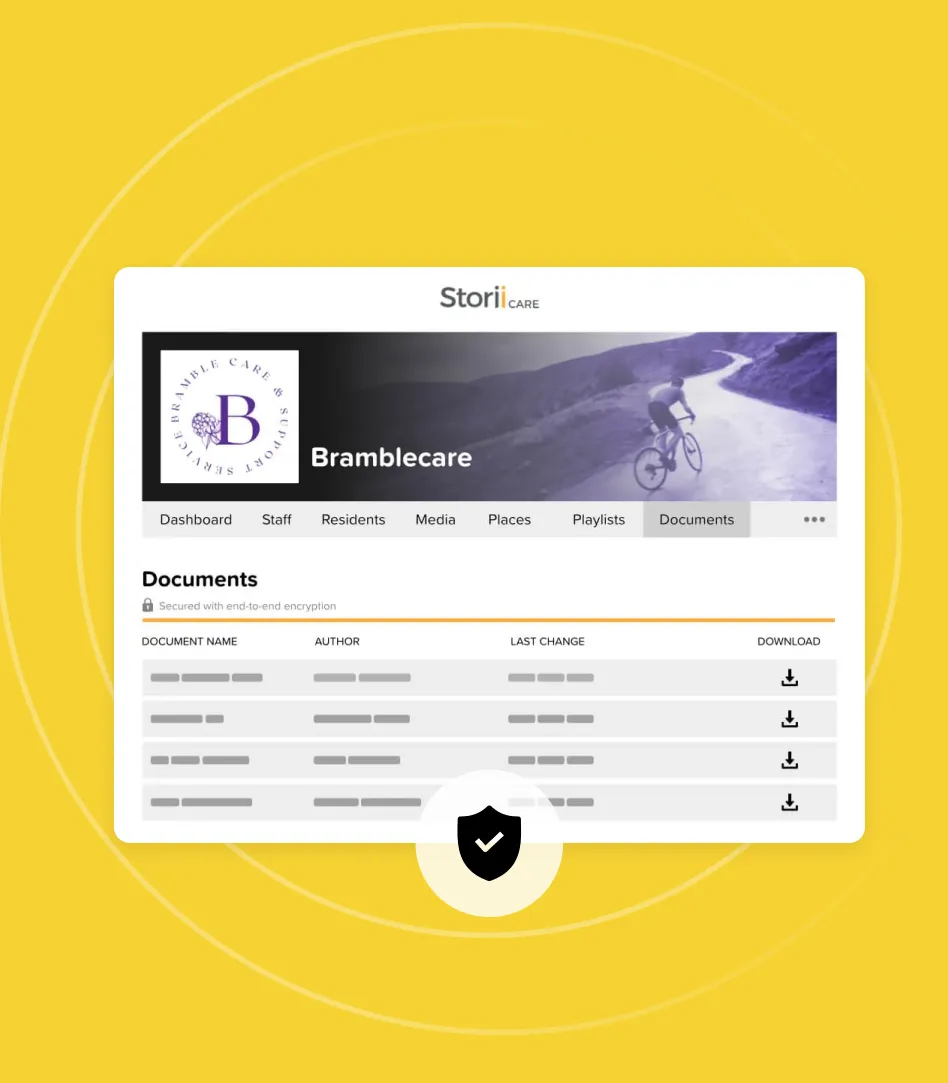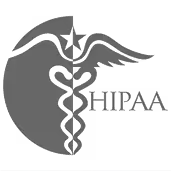Adult day centers across the country are open to varying degrees. Some remain closed, but are providing virtual activity programs, telehealth appointments and/or home care visits. Others are open with reduced hours and limited capacity. The decision to restart or continue support services is an ongoing process. This process involves continuous assessments, close monitoring, and detailed planning. Every community will need to observe health and safety guidance issued by their state officials. Good communication is key to the successful re-opening of adult day services. Prior to any re-opening there should be conversations between providers, social workers, public health officials, people who access day services and their carers and families. This dialogue should inform future plans around the levels and types of support that can be safely offered at any given time.
If there are no state-mandated capacity regulations, providers should take the following factors into consideration:
- COVID infection-rate in their community
- Local hospital capacity
- Access to PPE
- Facility staffing-level
- Access to adequate COVID testing
- Ability of participants to wear masks and socially distance
More information and guidance for adult day care providers cane be found on NADSA's dedicated COVID-19 information page.
Until a vaccine is available and can be distributed at scale, COVID-19 remains a serious threat to the health and wellbeing of participants and staff. Fortunately, there are many digital tools that can help support adult day providers to deliver safe and effective care to their service users throughout the pandemic. Here are 5 ways that care management software can help adult day communities re-open:
Virtual Activity Programming
Who hasn't joined a video call this year? The "Zoom-fatigue" of 2020 is a real thing. You don't need a fancy software solution to enable video programming, but it helps. A system like StoriiCare supports providers by enabling their participants to sign into an account, view an activity schedule, RSVP to events, receive email reminders and launch video calls with one click. Providers can then quickly record virtual attendance, including engagement level and changes to mood for participants.
Daily Documentation
Adult day services should maintain daily documentation of:
- Staff and service user temperatures taken upon arrival
- Staff or service users who were refused entry or asked to go home due to temperature or other COVID symptoms
- What areas were sanitized and when
- Daily service user attendance and staff to service user ratio
- Issuance of PPE to staff, if the use of PPE is recommended by the state Department of Health
It is entirely possible to record the aforementioned on paper. However, having a system to digitally record saves time and limits the number of people physically handling a sheet of paper. It is easy to sanitize a tablet or computer keyboard, but impossible to sanitize papers. Additionally, cloud-based documentation enables senior-level management to safely view documentation and important notices from home rather than having to go into the center.
Communicating with Participants & Their Families
During a pandemic, policies and procedures change quickly. Consequently, it is crucial that you have a reliable way to communicate important updates and notices with your participants, their carers and families. Many care management systems offer a family portal of some kind that allows service users and their families to sign into an account. Depending on the system, you could send private instant messages to family caregivers, post community announcements, share nice photos and videos, etc. Being able to mass-communicate important updates saves staff time. Additionally, the peace of mind this level of communication brings families builds trust and rapport, which is better for your business.
Creating an Infection Control Task List
With so many new guidelines and protocols in place, important steps could easily be missed. That's why an electronic care management system is ideal of creating and recording the completion of infection control tasks and other safety measures. Staff can sign into a system, see exactly what they need to do, and tick off tasks as they're completed. Management can be automatically alerted of overdue or incomplete tasks, ensuring adequate follow-up is taken.
Live Updates to Care Plans & Other VIP Alerts
Adult day centers should update care plans for everyone and incorporate information to address high-risk participants with any additional measures that might be necessary to reduce the risk of COVID-19 infection.
High-risk participants or staff would include persons of any age who have a serious underlying medical condition including, but not limited to:
- Chronic lung disease or moderate to severe asthma
- A serious heart condition
- Cancer
- HIV or AIDS
- Recent bone marrow or organ transplant
- Immune deficiencies
- Severe obesity (BMI of 40+)
- Diabetes
- Chronic kidney disease undergoing dialysis
- Liver disease
When staff can quickly access participant care plans on the go it reduces the margin for error and can improve care outcomes. Additionally, being able to post important alerts for all staff to see is helpful during a pandemic. Especially in a scenario where a participant has exhibited symptoms of the virus and an urgent response, followed by a series of action steps, is required to proactively mitigate the spread.





.png)
.png)










